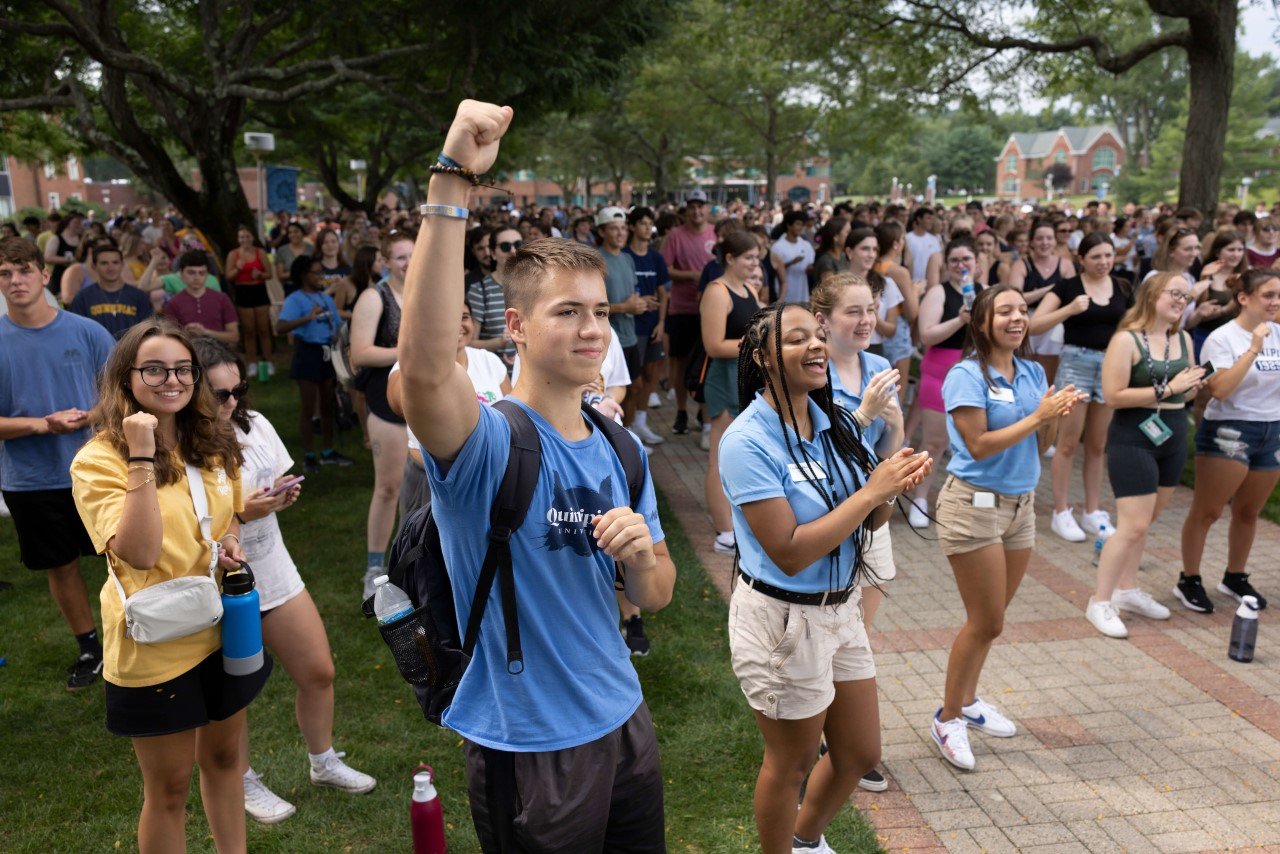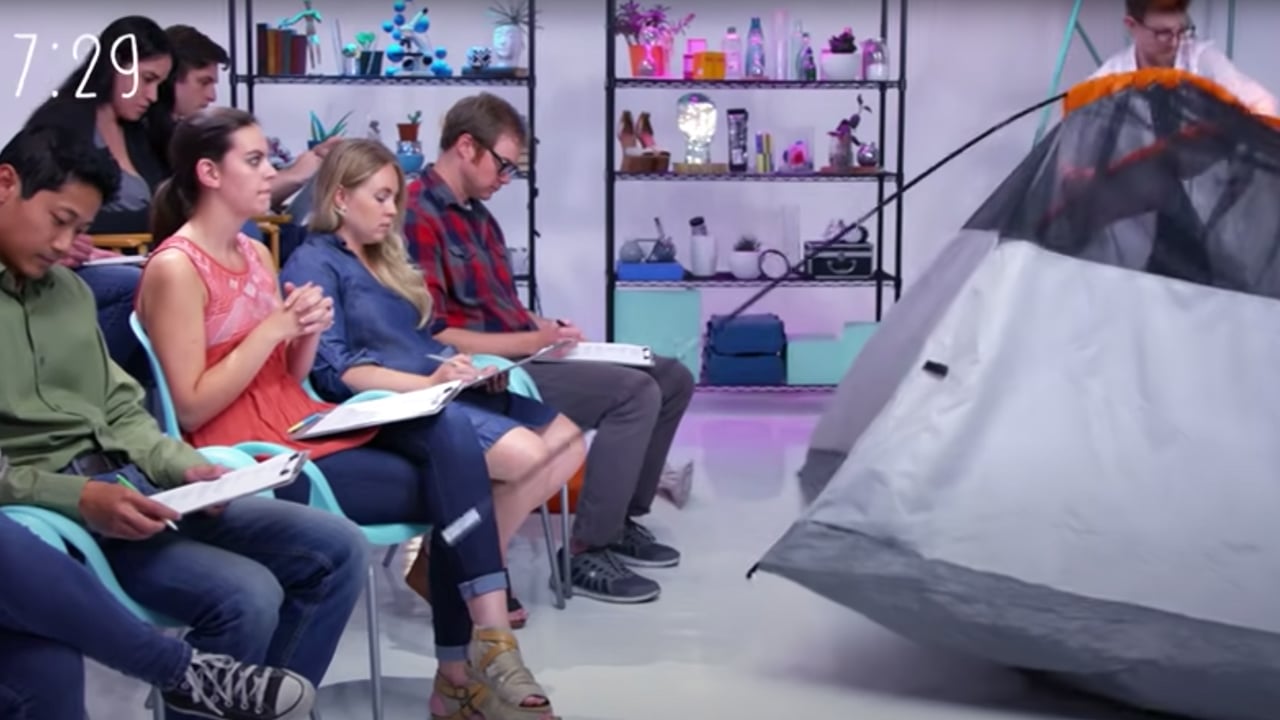Direct
You can take direct action to assist, confront or disrupt. If it is safe to do so, taking direct action is the most immediate way to intervene in a situation.


Defend the Den empowers students to speak up in challenging situations and together foster a kinder campus culture. By increasing empathy, we create a more positive and inclusive community where Bobcats can rely on each other.
Through understanding the bystander effect, we can better understand the role that each of us plays in keeping our community safe. Research has shown that when one person steps up and helps, others follow. That person can be you.

Studies of human psychology in group settings have found that when someone is in need, a witness is less likely to help when they are in the presence of others. This is called the bystander effect.
This may happen for many reasons, including: a person’s sense that someone else in the crowd should step up first; that someone else may be more capable of helping; or that others would be taking action if it were an emergency.
In other words, even when surrounded by other people, a person may not get the help they need.

By understanding the bystander effect, we can better understand the role that each of us plays in keeping our Bobcat community safe.
You can take direct action to assist, confront or disrupt. If it is safe to do so, taking direct action is the most immediate way to intervene in a situation.
You may feel more comfortable finding a creative way to diffuse the situation to give a moment for things to calm down. Sometimes, a distraction or a brief break in the situation is enough to help someone out.
Delegating means you can enlist the help of your friends or other bystanders to intervene with you. Remember, it only takes one person to step up for others to follow.
Sometimes, this means dialing 911 or calling Public Safety at 203-582-6200.
Another way you can help is to report concerning incidents. Quinnipiac has many campus offices that respond to concerns impacting members of our community.
Defend the Den aims to educate the university-wide community on bystander intervention through interactive trainings.
All students receive training in bystander intervention during Orientation. In addition, students may request additional trainings. Trainings are available for student groups such as sports teams or student-run organizations.
Sessions cover how to look for and intervene in problem situations, and university resources available to students.
Topics might include bullying, sexual harrassment, bias-related incidents, mental health or substance use.
Trained students provide educational programs for peers about how to look for and intervene in problem situations. Volunteer ambassadors work in coordination with the Dean of Students Office and are trained in a variety of issues and university resources.
This program is complementary of a wide variety of efforts, initiatives and programs at Quinnipiac. Below are some more resources.

Campaign assets designed by The Agency at Quinnipiac, an award-winning and student-run interdisciplinary firm specializing in public relations, graphic design and marketing. Learn more about The Agency